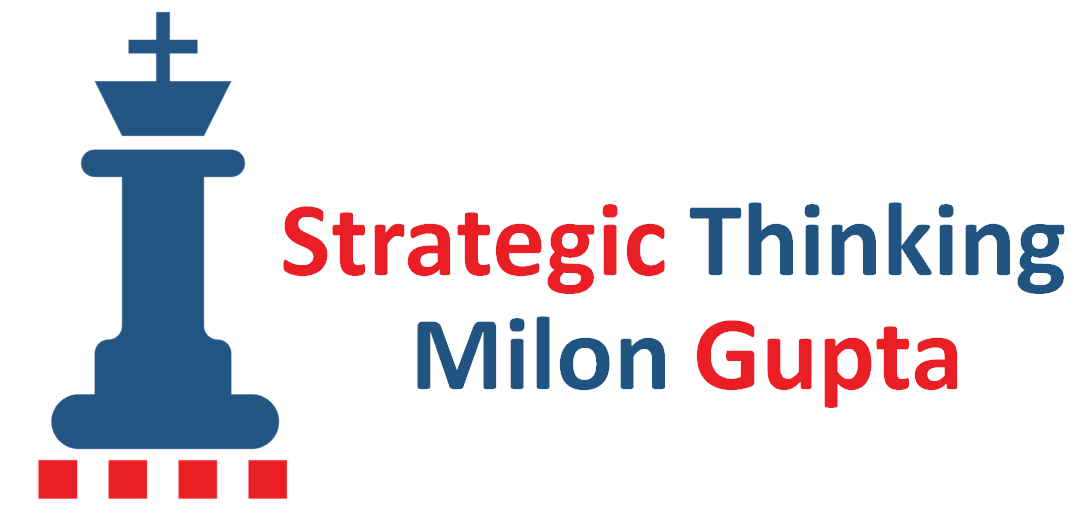
Artificial Intelligence (AI) has been around for a long time. The term was coined in 1955 by John McCarthy. The concept goes back to the early days of computing when British computer pioneer Alan Turing hypothesized about intelligent machines in his seminal paper on “Computing Machinery and Intelligence” (1950). Progress of AI has been slower than its pioneers had expected. At the start of the 2nd millennium the most notable outputs related to Artificial Intelligence were science fiction movies.
Boom in Machine Learning
That has changed in recent years. All major service providers in the information and communication technology sector have brought services to the market that have some artificial-intelligence capabilities. Think of Apple’s Siri, Google’s Google Now, Microsoft’s Cortana, and Facebook’s DeepFace. It is debatable whether any of these services could be called intelligent in a human sense. However, they do perform some limited tasks previously limited to humans. What these services have in common is machine learning, and learning is one of the characteristics of intelligence.
After years of quiet at the AI front, an AI gold rush seems to happen today. The kick-off for this gold rush could have been the victory of IBM’s Watson supercomputer against the best human players in the quiz show game Jeopardy! in 2011. The boost for AI was caused by the convergence of advances in Big Data, machine learning, and computational power.
Machine Translation
Now, it seems, the sky is the limit, at least in terms of business applications of AI. One of the areas where tremendous progress has happened is speech recognition and machine translation, as highlighted in the May 9th edition of The Economist. Internet giants Baidu and Microsoft invest heavily in making automatized simultaneous translation happen, or in plain words: I talk to you in German, and you hear instantly a machine translation in English. It my not be perfect, but good enough to get the meaning out of what I said. In the mid-term, the jobs of human translators may be at risk. And so are a number of other white-collar jobs.
AI Impact on Professions and Business Sectors
In the finance industry, clever algorithms are already used to analyze and predict stocks and markets. Automated financial advisers like Betterment and Wealthfront have emerged in recent years, which could become serious competition to human financial advisers. And it doesn’t end there. Intelligent machines fed with Big Data will get good at anything involving the processing of large amounts of information, from medical diagnosis to preventive policing and criminal profiling.
You may not work in any of the professions or sectors I mentioned. However, that doesn’t mean your profession or sector won’t be affected in the near future. Whatever sector you are in, I strongly recommend you take AI into account for your business strategy, as it will likely impact your sector directly or indirectly , if it hasn’t done so yet.
Strategic Questions on AI
I suggest you ask yourself the following strategic questions, in order to determine how AI may impact your current business strategy, respectively how to change your business strategy in order to cope with the challenges and exploit the opportunities of AI:
- Which part of my business could be enhanced through the use of AI?
- How could my organization automate managerial and administrative processes that are currently labor intensive?
- What would be the social, economic and financial impact of introducing AI in some identified business processes?
- Are any competitors or new market entrants on the horizon employing AI for processes that are labor intensive in your industry?
- How long would it take to implement an AI -driven process or service in a specified area of your business?
The earlier you ask yourself and other decision-makers in your organization these questions, the better you will be prepared for the impact of AI on your business.
Contact me, if you would like to discuss, how a strategic discussion on the challenges and opportunities of AI could be organized in your company.
